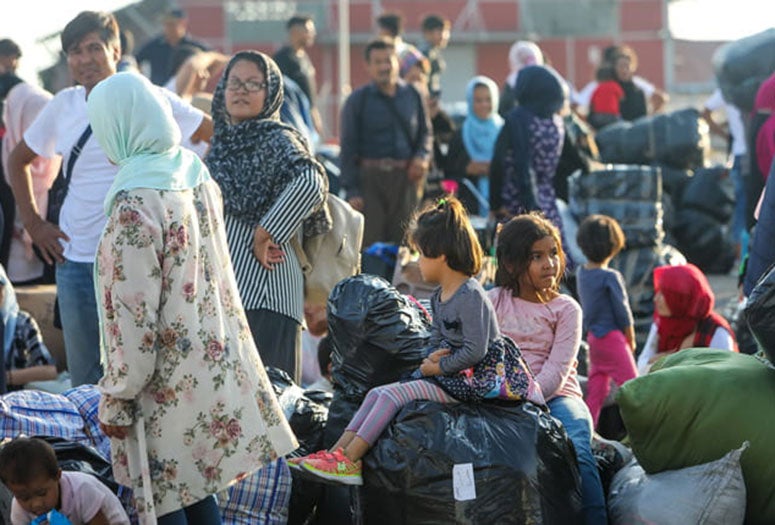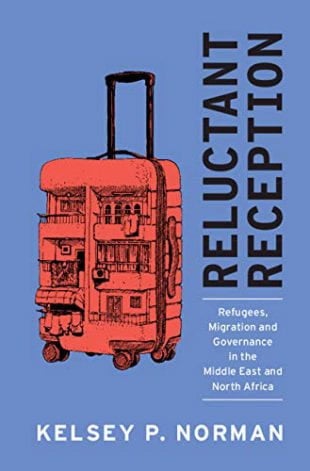Current explanations for migrant and refugee policies in the "global south" mistake the absence of formal policy for neglect. But a migration and immigration expert at Rice's Baker Institute for Public Policy proposes to explain this dynamic as "strategic indifference.”
The idea applies where governments proclaim indifference toward migrants and refugees, effectively inviting international organizations and local nongovernmental organizations to step in and provide services on the state's behalf, said Kelsey Norman, fellow for the Middle East and director of the Baker Institute's Women’s Rights, Human Rights and Refugees Program. She outlined her insights in a new book published this month, "Reluctant Reception," which draws on three years of fieldwork in Egypt, Morocco and Turkey.
In her book, Norman looks in-depth at the three countries in order to explain the politics of asylum in the Middle East and North Africa region. She demonstrates how, by allowing migrants and refugees to integrate into large informal economies, and by allowing organizations to provide basic services, host countries receive international credibility while only exerting minimal state resources.
"Indifference leaves migrants and refugees in a precarious and informal position, subject to rapidly changing security environments and absent important legal protections," Norman said. "Yet indifference also allows them social and economic flexibility and the opportunity to exist in relative anonymity. Ultimately, migrants and refugees who are effectively stuck in countries of 'transit' like Egypt, Morocco and Turkey are left with an uncertainty about whether to remain, carry onward or return home. This has enormous implications for other countries like Mexico that are being turned into host states because of changing U.S. migration policies."


